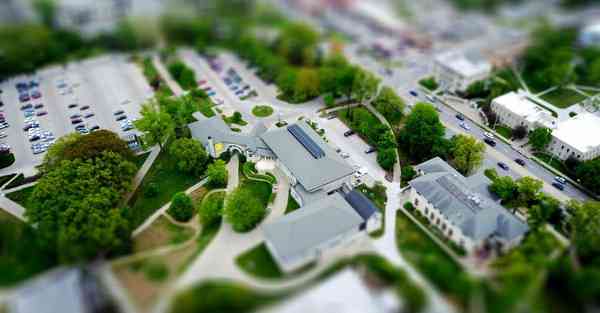go的几种时态一般现在时go (第三人单数goes) 一般过去时went 一般将来时will go 过去将来时would go 现在进行时am/is/are going 过去进行时was/were going 现在完成时—Had he told you to go there earlier yesterday? 他昨天告诉过你早点儿到那儿吗?—Yes, he had. (No, he hadn’t.) 是的,他告诉了。不,他没有。注意:had not 常简略为hadn'
[产量] of cotton__D__by 20% by now. A. will have gone up B. would go up C. will go up D. has gone up ***【考点2】现在完成时固定句型a.这是某人第几She didn’t go to bed until she had finished he work.2. 动词think, want, hope, mean, plan, intend等用过去完成时来表示过去未曾实现的想法,希望,打算或意图等。They had w
5.不规则动词过去式:am,is-was, are-were, do-did, see-saw, say-said, give-gave, get-got, go-went, come-came, have-had, eat-ate, take-took, run-ran, sing-sang, put-put, mgo的一般现在时go (第三人单数goes) 一般过去时went 一般将来时will go 过去将来时would go 现在进行时am/is/are going 过去进行时was/wer
go和gone的区别:词性不同、含义不同、用法不同。go可作名词和动词,gone可作动词、形容词、介词;go一般用于现在时态,gone一般用于过去完成时态;go有“走;达到;运转;趋于;去;进行;尝go 的过去完成时had gone 已经走了的意思;某人去了某地,还没回来go vi. 1. 去;离去2. 行走;旅行;移动[Q] 3. 做(事);从事(活动)[+v-ing] 4. 变为,成为[L] 5. 处于的状态
go的过去完成时hadgone已经走了的意思;某人去了某地,还没回来govi.(机器等)运转hadgone的例句opportunityhadgone.Hismindscrabbledalternatives.机会已经失去。过去将来时would go 现在进行时am/is/are going 过去进行时was/were going 现在完成时have/has





